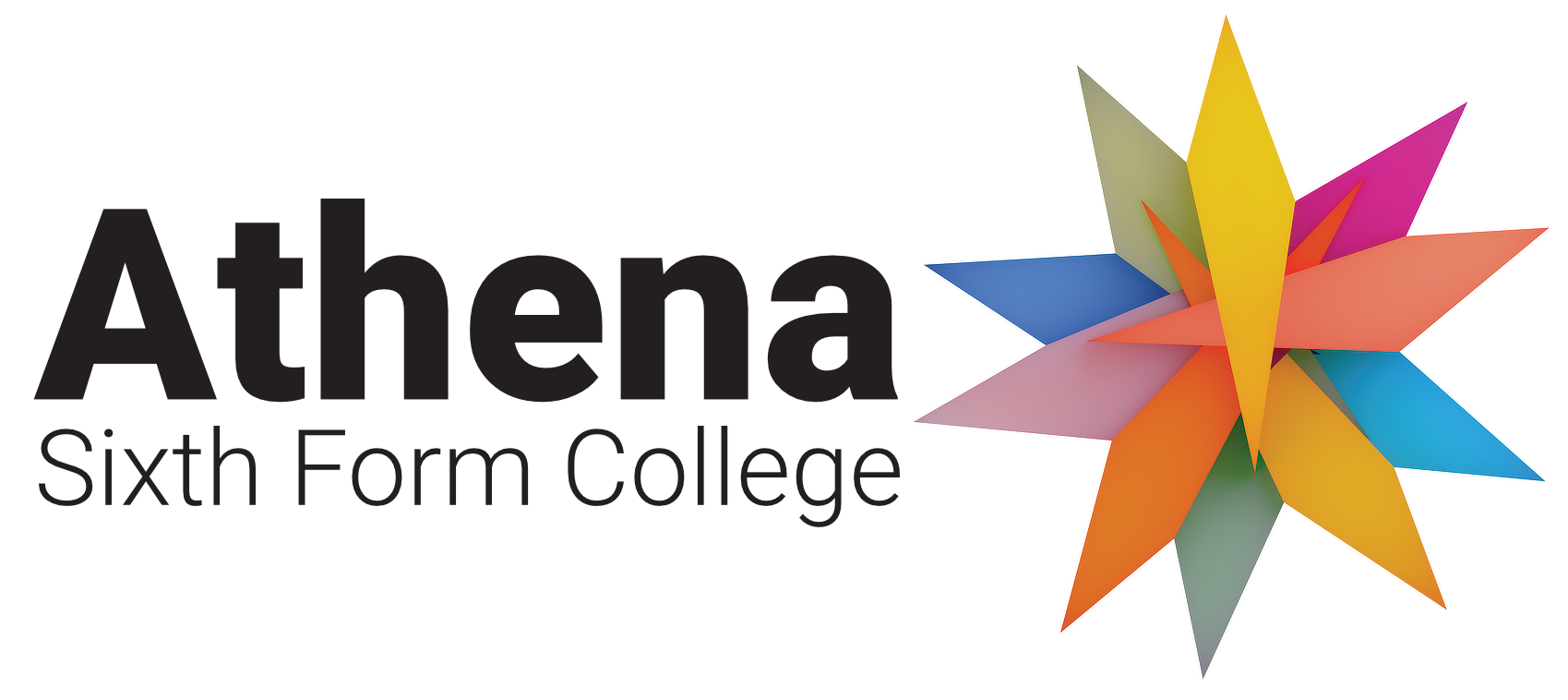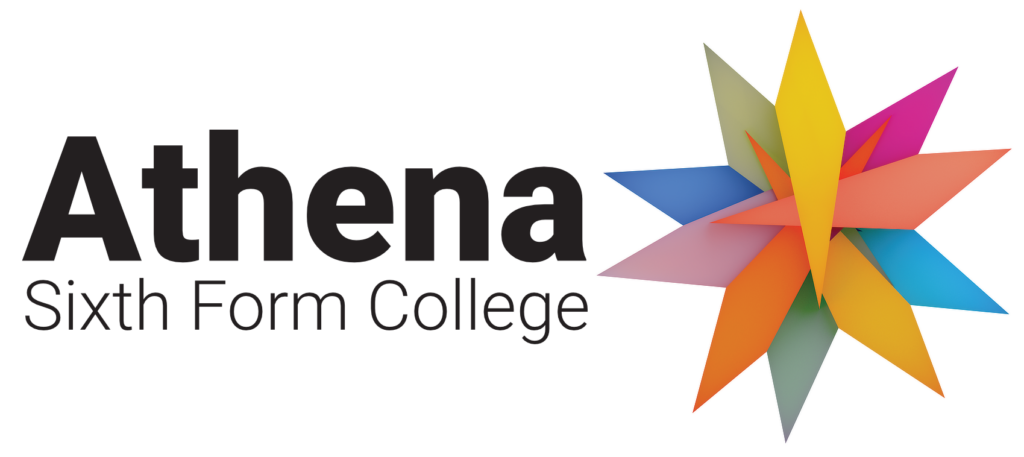Why Study?
Through studying Accounting, students develop a deep understanding of how financial information is used to make informed business decisions.
The course teaches students how to record, classify and summarise financial data, while also helping them to appreciate the principles and limitations that underpin accounting techniques. As they progress, students learn to interpret and analyse financial statements, assess the performance and position of different types of businesses, and apply their knowledge to real-world commercial situations. Accounting also nurtures quantitative and problem-solving skills, encouraging students to think critically and make reasoned judgements based on evidence. Alongside this, students gain confidence using spreadsheets and digital tools to analyse and present financial data effectively, developing transferable skills that are highly valued in further study and employment.
What Can I Do With It?
A-level Accounting opens the door to a wide range of careers in the financial and business sectors. Many students go on to become accountants, auditors, financial analysts, business advisers or tax consultants. Others use the qualification as a stepping stone to university degrees in accounting, finance, business management or economics. The subject provides an excellent foundation for those wishing to pursue professional qualifications such as ACA, ACCA, CIMA or CIPFA, and equips students with the analytical, numerical and decision-making skills sought by employers across many industries.
Subject combinations
Accounting combines well with subjects such as Economics, Mathematics and Law. It bridges both numerical and analytical thinking, making it a valuable partner to subjects that develop problem-solving or evaluative skills. Students who enjoy logical reasoning and data analysis often find that pairing Accounting with Mathematics or Economics enhances their understanding of financial systems and decision-making processes.
Extras
Students are encouraged to engage with current financial and business news to deepen their understanding of how accounting principles operate in the real world. The department supports wider learning through discussions of contemporary case studies and opportunities to hear from finance professionals. Links with local businesses and potential visits provide valuable insight into the application of accounting in practice and help students explore future career pathways.
What will I study?
In the first year, students are introduced to the fundamental principles of double entry bookkeeping, financial statements, and the preparation and analysis of accounts for different business structures. This foundation builds towards more complex topics in the second year, where students explore costing, budgeting, and financial decision-making. The course develops both technical competence and evaluative understanding, requiring students to interpret financial information critically and to consider wider factors that influence business performance. By the end of the course, students will be able to apply accounting concepts confidently to both familiar and unfamiliar business scenarios.
Assessment
- Paper 1 (3 hours, 50%) – Financial Accounting:
Assesses understanding of accounting principles, financial statements, adjustments, and the analysis of business performance. - Paper 2 (3 hours, 50%) – Accounting for Analysis and Decision-Making:
Covers management accounting, including costing, budgeting and the interpretation of financial data to support informed decision-making.

